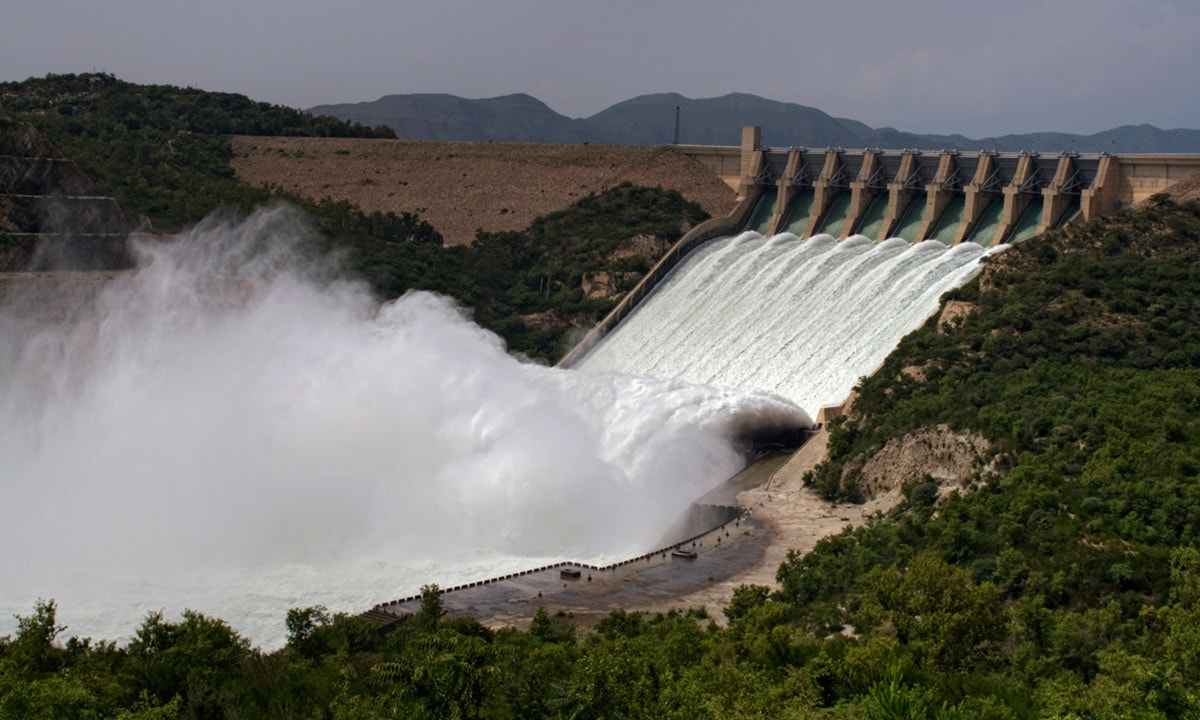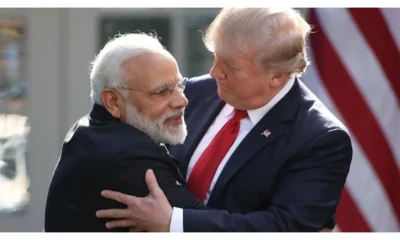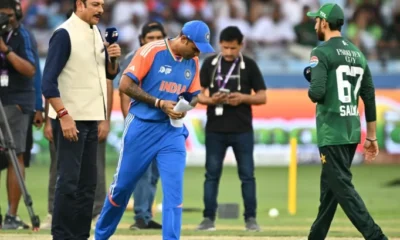India News
Research management critical for Indian labs to become competitive

India News
India welcomes US tariff cut as PM Modi thanks Trump for easing trade barriers
PM Modi has thanked US President Donald Trump after the US reduced tariffs on Indian goods to 18%, calling the move beneficial for bilateral trade.
India News
US-India trade deal to strengthen strategic partnership, says Amit Shah
Amit Shah says the US-India trade deal with reduced tariffs will elevate strategic partnership and pave the way for stronger trade ties and mutual growth.
India News
Markets surge as Nifty jumps 750 points after India-US trade deal
Indian equity markets rallied sharply with Nifty and Sensex posting strong gains after the India-US trade agreement announcement.
-

 Latest world news16 hours ago
Latest world news16 hours agoIndia rejects Hague court proceedings on Indus Waters Treaty
-

 India News16 hours ago
India News16 hours agoRahul Gandhi, Rajnath Singh clash in Lok Sabha over ex-Army chief’s unpublished book on Ladakh
-

 Latest world news2 hours ago
Latest world news2 hours agoTrump announces trade deal with India, claims New Delhi will stop buying Russian oil
-

 India News1 hour ago
India News1 hour agoMarkets surge as Nifty jumps 750 points after India-US trade deal
-

 India News1 hour ago
India News1 hour agoUS-India trade deal to strengthen strategic partnership, says Amit Shah
-

 India News56 mins ago
India News56 mins agoIndia welcomes US tariff cut as PM Modi thanks Trump for easing trade barriers
-

 LATEST SPORTS NEWS43 mins ago
LATEST SPORTS NEWS43 mins agoPakistan looks to force majeure as India boycott threat looms in T20 World Cup










